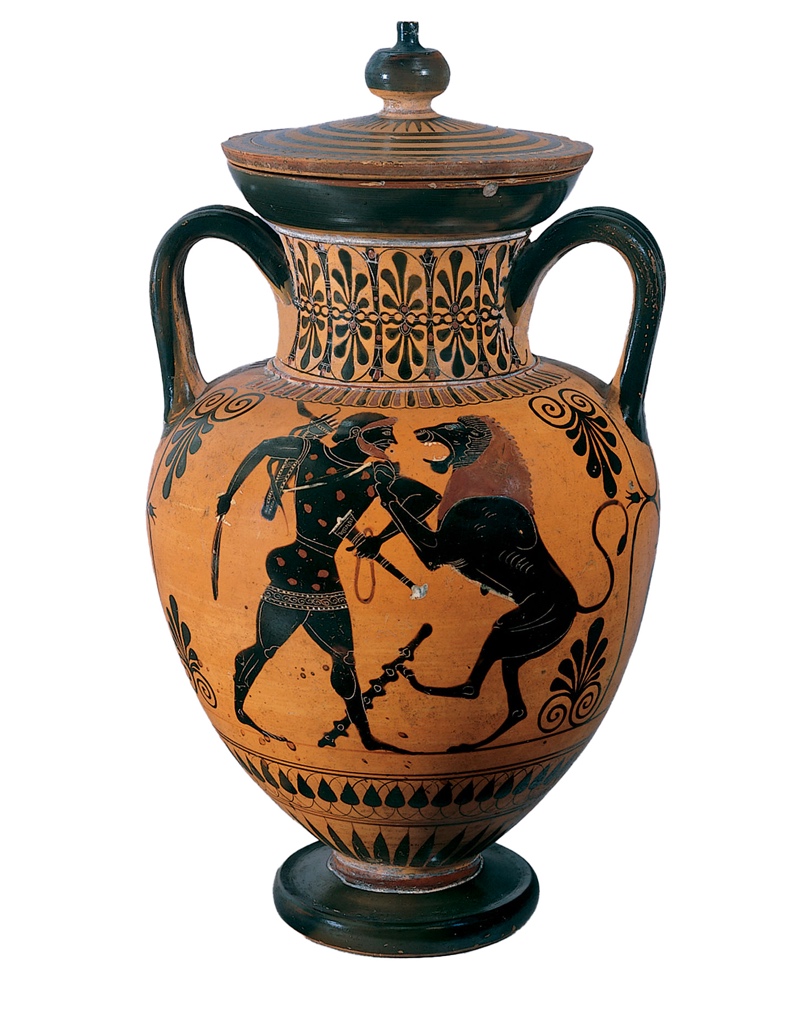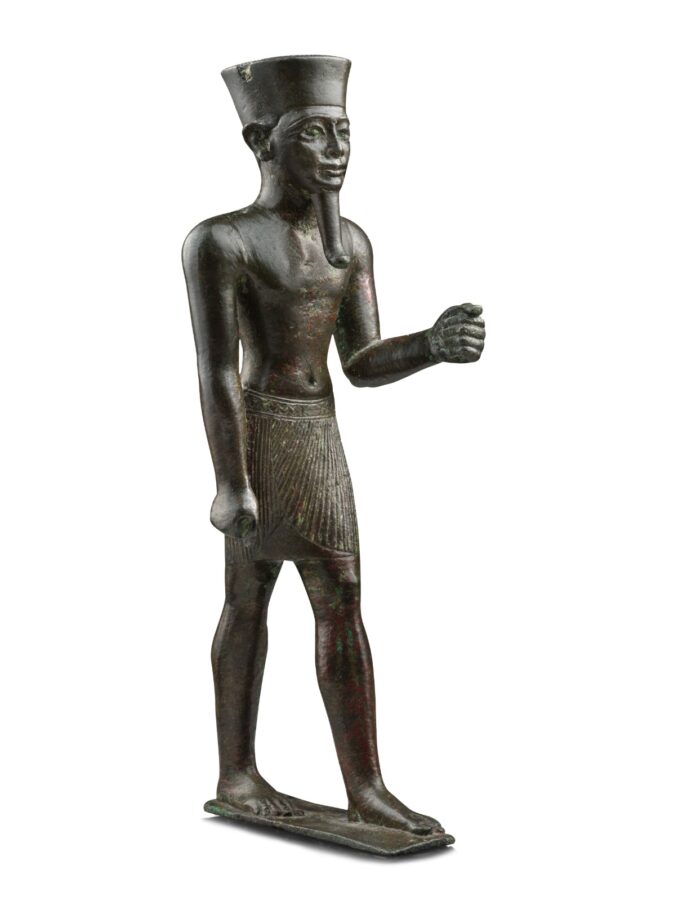In an era of increasing scrutiny and regulatory pressure, the world of antiquities is finding itself at a historic crossroads. A recent investigative report by Alice Boustany Djermakian, titled “Antiquities: Between Legal Challenges and the Noble Mission of Cultural Exchange,” delves into the often controversial debate surrounding the legal and ethical dimensions of historical artifacts in private and institutional collections.
At the heart of the investigation lies the case of Phoenix Ancient Art, a Geneva-based gallery frequently cited by international media as one of the most influential players in the global antiquities market. The gallery has long faced questions regarding the provenance of its collection issues that resonate across the entire sector. However, recent judicial investigations by Swiss authorities have validated the legality of nearly all works held in Phoenix Ancient Art’s Geneva holdings, marking a significant development in the case and in the broader dialogue around cultural property.

The report includes exclusive interviews with prominent experts such as Jacques Chamay, former curator at Geneva’s Museum of Art and History; Lebanese attorney May Azouri; and Rony Araygi, former Minister of Culture in Lebanon. Their perspectives offer valuable insight into the nuances of legality, heritage preservation, and the need for greater transparency in the art market.
The findings are further supported by a RAND Corporation study, which cautions against overgeneralization in discussions of the illicit antiquities trade and highlights the lack of definitive evidence underpinning many claims.
As the European Union intensifies regulations on antiquities imports, the investigation predicts ripple effects throughout the global market, raising questions about how to strike a balance between heritage protection and the cultural value of legitimate exchange.
Djermakian ultimately calls for international legal harmonization as the only realistic path forward, ensuring that antiquities can be responsibly shared, appreciated, and preserved across borders without compromising their historical integrity.
Read the full investigation:
https://docs.google.com/document/d/1Qpj-358038YprHkY-ktPJXxwoBHc0OwrpspsQ4ig9s0/edit?tab=t.0
About the Author
Alice Boustany Djermakian is an independent journalist with a postgraduate degree in literature and a master’s in information and communication. She has authored several books and contributed articles to various media outlets across the Middle East.
Email: djermakianalice@gmail.com
